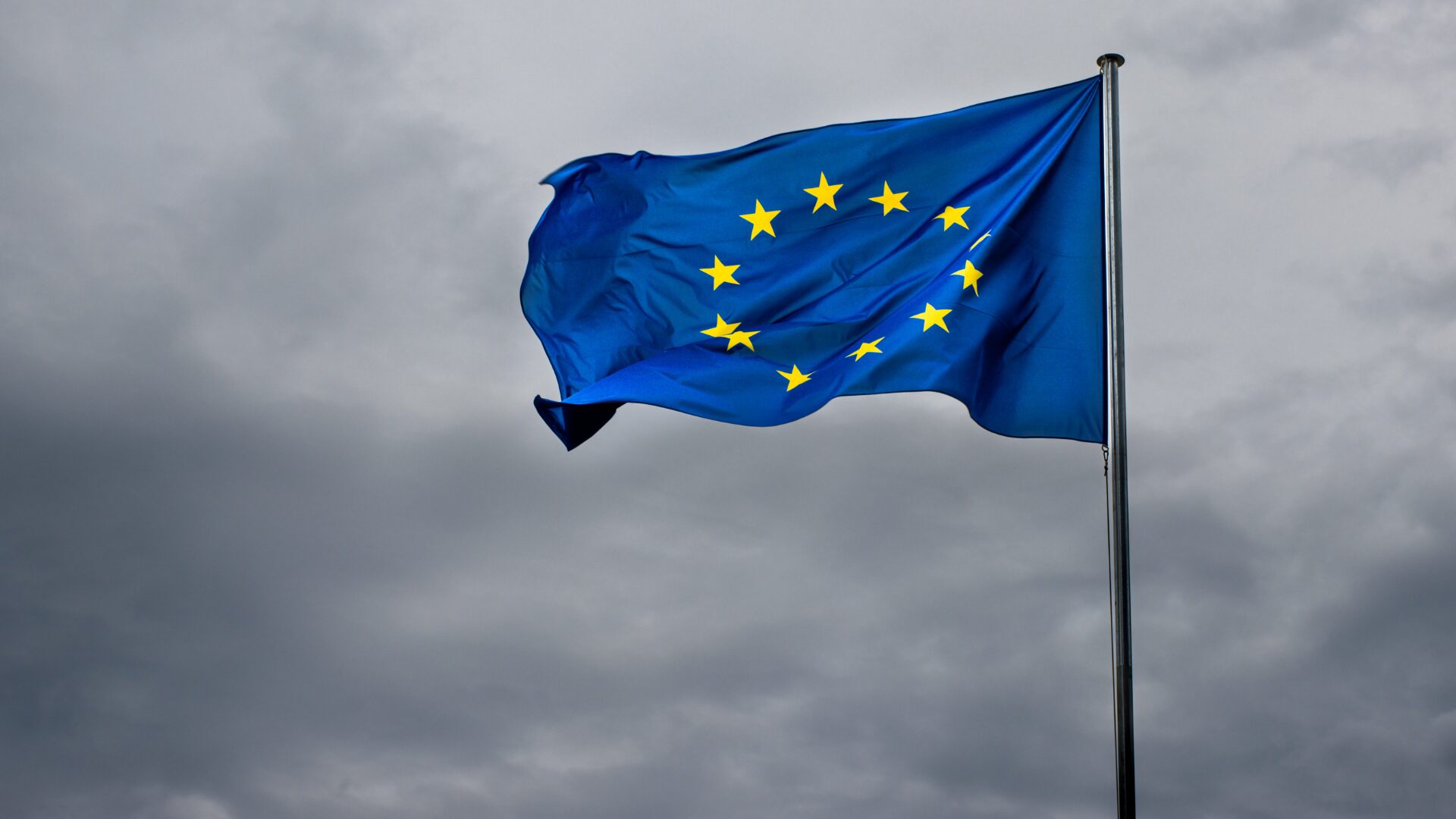On 24 July 2020, the European Commission presented an EU Security Union Strategy for 2020-2025, outlining the key actions, tools, and measures to ensure European security, both in the physical world and the digital space, and across all sectors of society.
As a core component of this strategy, the Commission set out a new approach to internal security with actions in key areas:
-
Organised crime;
-
Terrorism and the prevention of violent radicalisation;
-
Resilience of critical infrastructure and public spaces;
-
Cybercrime, including the fight against child sexual abuse;
-
Law enforcement cooperation and information exchange;
-
Research and innovation.
However, Europe now faces increasingly complex and pressing geopolitical challenges, alongside a range of security threats arising from organised crime, terrorism, and other hostile actors—both state and non-state.
Furthermore, the complexity of security threats continues to grow in parallel with scientific and technological advancements.
The European Internal Security Strategy, an initiative announced by President Ursula von der Leyen in the political guidelines for the new Commission, is expected to provide a comprehensive EU response encompassing all internal security threats, both online and offline.
This strategy will build on the aforementioned EU Security Union Strategy for 2020-2025 and will complement other European Commission initiatives, particularly the Union Preparedness Strategy, the White Paper on the Future of Defence, and the Democracy Shield.
Given the global and interconnected nature of criminal networks, terrorists, extremist groups, and hostile actors—both inside and outside the EU—as well as the increasing severity of threats to security, society, and the rule of law within the EU, the current measures taken by Member States and the EU in the areas of freedom, security, and justice are not sufficient on their own.
New key actions are required to protect internal security now and in the future and to maintain a common area of freedom, security, and justice, in line with the shared competences of the EU and its Member States.
Due to the strong link between the internal and external dimensions of security policy and the fact that security threats extend beyond European borders, the European Commission expects EU-level action to add tangible value to the individual efforts of Member States.
The initiative, scheduled for presentation next week in the form of a Communication to the European Parliament and the Council, is expected to include a comprehensive and global plan to strengthen the EU’s internal security. It will also outline specific actions to be implemented during the Commission’s mandate, highlighting EU measures already in place to protect security and serving as a foundation for further operational actions and legislative initiatives.
The strategy will seek to integrate security into EU policies, legislation, and programmes, with a focus on the following key aspects:
-
The ability to anticipate and respond to threats;
-
The need to prevent harm and protect people;
-
The necessity to act at all levels (from global to local);
-
The importance of ensuring that international cooperation enhances the EU’s internal security.
The strategy aims to involve all relevant stakeholders in contributing to internal security through a whole-of-society approach, including private sector partners and civil society.
In practical terms, the strategy seeks to strengthen the EU’s internal security architecture, which includes enhancing operational capacity through the expansion of Europol and Frontex, as well as a discussion on the role of Eurojust and the European Public Prosecutor’s Office.
Digital technology is expected to play a significant role in the strategy, particularly in the development of measures related to law enforcement access to data and data retention, the fight against cybercrime and online terrorist content, and enhanced cooperation with technology platforms through the EU Internet Forum. Digital technologies and artificial intelligence present major opportunities to improve law enforcement capabilities and effectively address ever-evolving threats.
As part of the strategy, the announcement of a new EU agenda for preventing and combating terrorism and violent extremism, including terrorism financing, is anticipated, along with a reinforced policy for preventing radicalisation.
A new EU action plan against drug trafficking is also expected, along with future work to review rules on organised crime and tighten measures against criminal networks.
To enhance preparedness, the announcement of a European Critical Communications System is expected, aimed at improving daily operational cooperation among first responders—such as police and firefighters—in tackling terrorism, crime, and emergency response.
Finally, the strategy is expected to emphasise the need to strengthen the EU’s legal framework to address cross-cutting security challenges and hybrid threats, including border management, sabotage, and espionage.
Our team remains at your disposal for further information.




